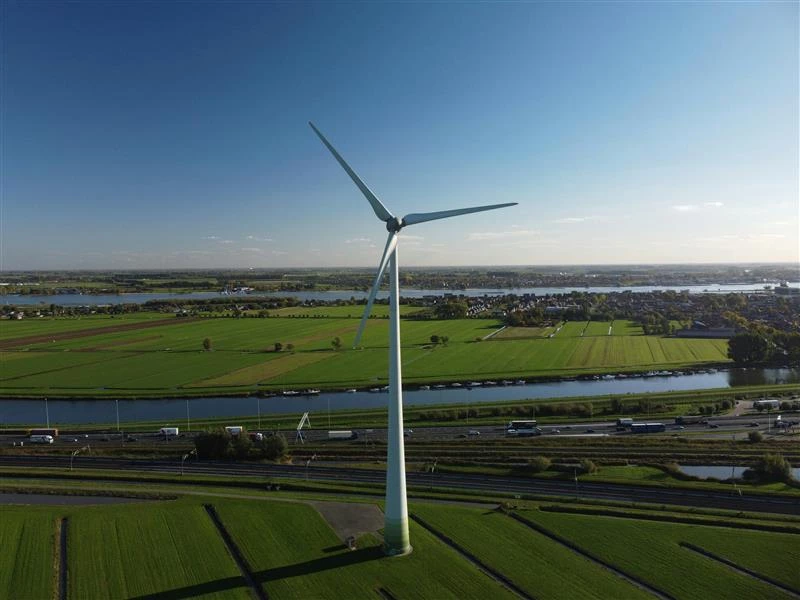Last January 2023, Taiwan passed the “Climate Change Response Act,” a climate change bill that (1) establishes a carbon fee system for major emitters and (2) sets to reach a net-zero emissions goal by 2050, per Focus Taiwan.
Such a development will significantly impact Taiwan’s public and private sectors, wherein sustainability and closely related sectors like renewable energy will be key focal points for development. Further, this trend will facilitate the emergence of several promising business opportunities that stakeholders can capitalize on.
Predicting Renewable Energy and Related Trends
Primarily focused on reducing carbon emissions within the country, the Climate Change Response Act will incentivize entities to integrate carbon-negative technology in their operations, use low-carbon fuel sources, and even adopt renewable energy sources. Among these, renewable energy adoption will likely be an area of interest for investors but will depend on the source being leveraged and the technology available to developers.
In addition to ongoing solar projects, Taiwan will continue to explore offshore wind as its geographic position. Access to the Taiwan Strait has given the country advantages in power generation and development potential. In the coming years, Taiwan will be a leader in the offshore wind category in the Asia-Pacific (APAC) region.
Currently, Taiwan is estimated to have 10.5GW of offshore wind capacity, the second highest in the area after mainland China, per the Asia Business Law Journal. By 2050, Taiwan will generate at least 40GW from offshore wind sources, per The Guardian.
To further drive interest in offshore wind projects, the public sector must continue building on its momentum by passing legislation encouraging sustainable development, like the Climate Change Response Act. This will likely generate investor interest from foreign and domestic sources while advancing Taiwan’s sustainability agenda, generating business for local enterprises across several industries transitioning toward sustainability.
Creating Opportunities in Other Industries
For instance, as part of Taiwan’s objective of reaching net-zero carbon emissions by 2050, its Environmental Protection Agency is creating an initiative that seeks to implement eco-friendly standards across corporations, eventually aiming to develop green office spaces. According to the EPA, many people spend most of their day at work, making offices key areas for decreasing carbon footprints. The proposed initiative includes 35 measures, such as upgrading to more economical A/C units, adopting LED light bulbs, and increasing water efficiency and drainage.
Such a development will create opportunities in industries like construction and infrastructure, real estate, and consultancy, as many unfamiliar businesses will seek guidance on implementing green changes.
Moreover, the technology sector is also presented with a significant opportunity as digital transformation, business, and sustainability are becoming more integrated, especially amid the Fourth Industrial Revolution (4IR). Tech companies can utilize digital transformation tools like artificial intelligence to monitor sustainability performance through big data and analytics, effectively enabling companies’ sustainability.
Moving forward, sustainability and activity in its related sectors, like renewable energy, will not only guide industries’ development in the short-term but in the long-term as well. With both the public and private sectors becoming increasingly aware of the importance of sustainability and related initiatives like the Climate Change Response Act, potential investors should expect further business opportunities to continue to emerge in Taiwan.
To get insight into other trends and the development of professional industries in Asia, subscribe to our newsletter here and check out these reports:





